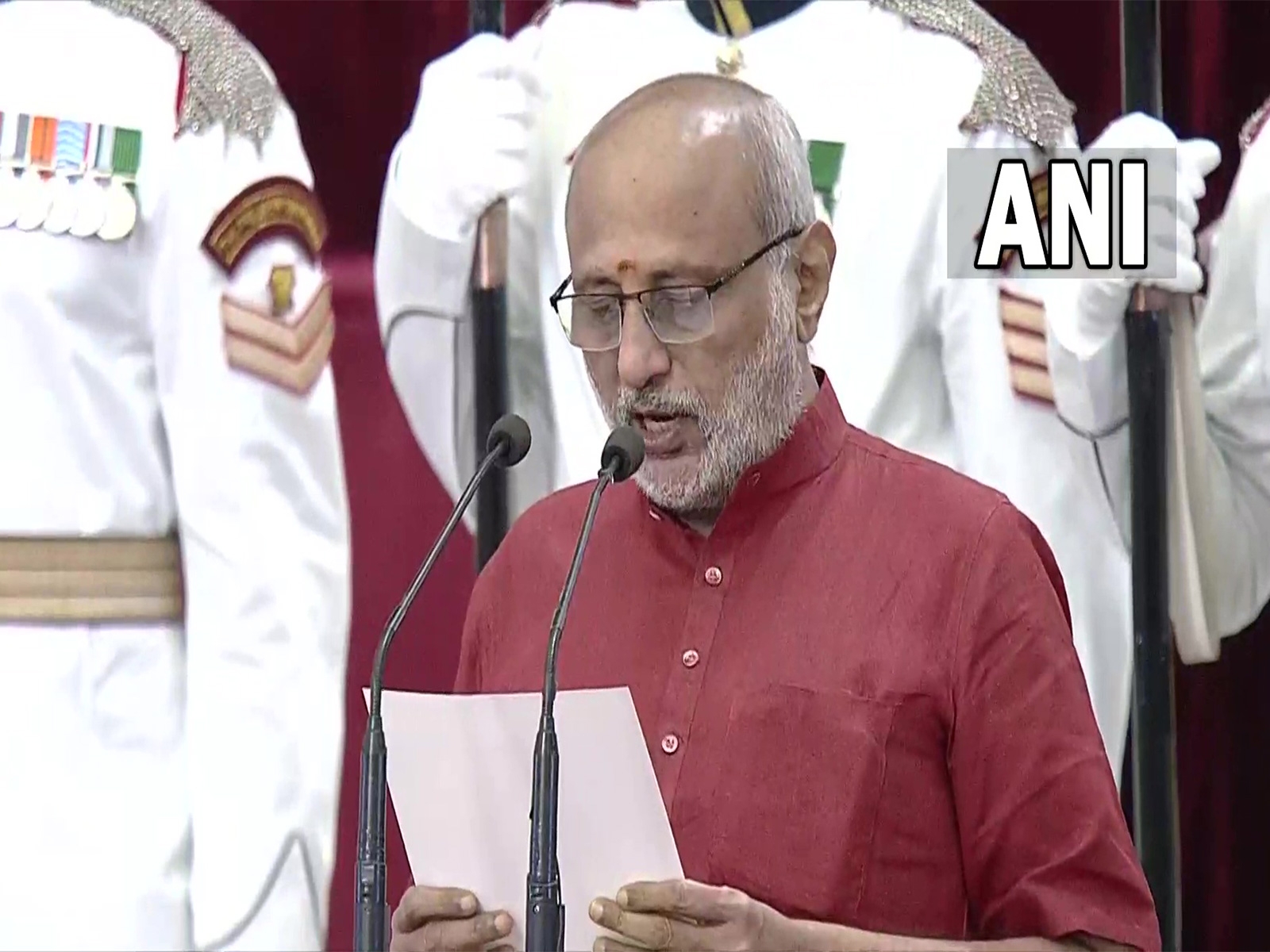To be or not to be Muslim. Was that the question, Mr Shakespeare?

We don't know if William Shakespeare's works were the first documented contact between the Islamic world and Britain. Or whether his works resembled the teachings of Sufi Islam. What we do know is that many of his characters were Muslim and that his portrayals of the 'Moors' was often complex, sometimes sympathetic.
Between 1576 and 1603 more than 60 plays featuring Muslims in the guise of Turks, Moors or Persians featured on London's stages. Shakespeare's were among them:
"Was Mahomet inspired with a dove?
Thou with an eagle art inspired then...
How may I reverently worship thee enough?"
The Bard & Islam
Shakespeare passed away much before the first English translation of the Quran in 1649, so we don't quite know how much he knew about Islam.
It's believed his knowledge of Islam was sparse and he made only one explicit reference to Prophet Mohammed in Henry VI.
During his lifetime, the Bard of Avon witnessed diplomatic relations between Protestant England and Muslim dynasties in Morocco, the Ottomans and the Safavids of Iran.
And as trade routes opened up and Queen Elizabeth I courted new alliances, ideas about Muslims seeped into society.
Shakespeare appropriated Islam for Protestant causes, "aligning the false prophecy of Muhammad with the inspired Joan of Arc".
"Joan of Arc's inspiration seems like an endorsement of Christian superiority. Yet Shakespeare is aligning a French Catholic with the false prophecy and 'idolatry' of Islam (an existent myth at the time was Muhammad formed part of a trinity with Apollo); it is a clear example of Shakespeare manipulating sectarian divisions for a Protestant audience," reads a fascinating study of the Bard's works in the Economist.
First Muslim character
Shakespeare's first Muslim character emerges in Titus Adronicus.
It is thought to be Shakespeare's first tragedy, and is often seen as his attempt to emulate the violent and bloody revenge plays of his contemporaries, which were extremely popular with audiences throughout the 16th century.
Aaron the Moor is Tamora's secret lover and the diabolical mastermind behind the plot to destroy the Andronicus family.
Aaron convinces Demetrius and Chiron to rape Lavinia, he is responsible for framing Martius and Quintus for the murder of Bassianus, and he even convinces Titus to lop off his own hand. At the end of the play, bodies litter the stage.
"Yet Aaron is not a simple embodiment of the period's prejudices. He is also alarmingly eloquent and elicits sympathy when he rebuffs accusations about his beliefs. Shakespeare suggests that it is society's racism that drives characters to evil," argues the Economist.
The other villain
The other Shakespearean Muslim character is the Prince of Morocco in The Merchant of Venice. The Prince of Morocco is one of Portia's potential husbands, yet she is disgusted by his skin colour.
"If he have the condition of a saint and the complexion of a devil, I had rather he should shrive me than wive me".
The Prince implores his would-be wife to "mislike [him] not for [his] complexion | The Shadowed livery of the burnished sun" and to view him instead as a man of accomplishment "that slew...a Persian prince | That won three fields of Sultan Solyman".
"Shakespeare's choice of language - "livery", associated with the uniform of those in servitude - again suggests the inevitable degradation suffered by these Muslim characters," the analysis says.
Over to Othello
Othello is believed to be Shakespeare's most nuanced attempt at a Muslim character.
Othello is a brave and competent soldier of Moorish background in the service of the Venetian Republic. He elopes with Desdemona, the beautiful daughter of a respected Venetian senator. After being deployed to Cyprus, Othello is manipulated into believing Desdemona is an adultress. He murders her and on discovering the truth of her innocence kills himself.
"Critics such as Jean Howard suggest that Shakespeare necessarily had Desdemona die, not due to the limits of the tragic form but because she had crossed a sacred social barrier in marrying outside her social and ethnic milieu. In Elizabethan drama, the sexual transgression of 'miscegenation' was punishable only by death. Othello himself struggles to reconcile his race, religion and position in Venetian society. He compares himself to a "dog or a Turk"."
Professor Jerry Brotton of Queen Mary University notes that Othello is an embodiment of coexisting yet contradictory relations with the Islamic world.
Shakespeare was ahead of his time in his sensitivity to the Islamic world and its inhabitants.
Of course, his plays reveal his own set of prejudices, fascinations and contradictions, but over the course of his career the myth of the 'bloodthirsty Muslim' is eclipsed by a more sensitive depiction in Othello.
A change possibly influenced by the visit of Morocco's ambassador to London in 1600.
Shakespeare & Sufism
Scholar Dr Martin Lings argued that the guiding principles of Sufi thought are evident in Shakespeare's writing. He gave lectures and even wrote a book to espouse this theory.
Dr Ling believed that Shakespeare's plays depict a struggle between the dawning modernist world and the traditional, mystical value system. And, like the Sufis, the playwright is firmly on the side of tradition and spiritualism.
Lings believed that characters in some of the best known works exemplify the Sufi quest for purification, while others represent Shakespeare himself.
He argues that the journey of Edgar in King Lear is like the Sufi's search for truth, in which the seeker is helped by angelic characters and impeded by diabolic agents.
Perhaps a rereading of Shakespeare's works - 400 years after - will help us understand a thing or two about the Islamic world.
Edited by Payal Puri
More in Catch:
Target Sonia: AgustaWestland helps BJP gun for Cong in Parliament
Save the Children launches #EveryLastChild campaign on street children
This powerful dance-drama just showed us the everyday cycle of patriarchy & nationalism
Chief Justice's tears: spare some for poor litigants, your Lordship
First published: 27 April 2016, 7:47 IST






![BJP's Kapil Mishra recreates Shankar Mahadevan’s ‘Breathless’ song to highlight Delhi pollution [WATCH] BJP's Kapil Mishra recreates Shankar Mahadevan’s ‘Breathless’ song to highlight Delhi pollution [WATCH]](https://images.catchnews.com/upload/2022/11/03/kapil-mishra_240884_300x172.png)

![Anupam Kher shares pictures of his toned body on 67th birthday [MUST SEE] Anupam Kher shares pictures of his toned body on 67th birthday [MUST SEE]](https://images.catchnews.com/upload/2022/03/07/Anupam_kher_231145_300x172.jpg)






